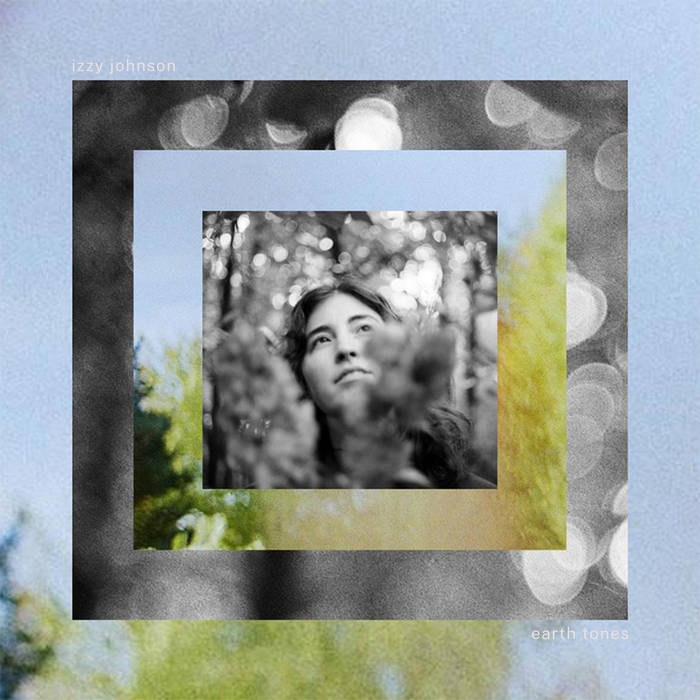Author: Garling Wu
Garling is a writer & composer who has spent the last decade making music. She has designed sound for the recent radio fiction Getting Back There From Here and was awarded the 2018 Douglas Lilburn Composition Prize. She writes about music, food and travel – plus any other stories that catch her interest.




